The most beautiful thing we can experience is the mysterious. It is the source of all true art and science.
~ Albert Einstein
I knew a man once who was obsessed with ZERO. You name it, he was all over the zero aspect of it. From numerology to astrology to tax returns, he was very interested in the number zero. Yet, it was clearly more about the idea, the depth of zero that fried his shrimp.
Negative space, for example. The white line that is about to follow this line full of black typed words with, well, with incredibly meaningful ideas, right…? Yet, if you breathe into my intention, my personality, spirit, psychology, etc. there is a whole world about me that you may have access to beyond the words I choose to share. There is oftentimes so much value in grasping the “meta-communication” that is being imparted in the negative space between our words.
The paradox of the Tarot’s arguably most mysterious character, the Fool, is the lucky recipient of a Zero at the top of its card. The notion being that the Fool has no value at all, or perhaps the wise fool has more value in not being connected to a specific value. There is no beginning or end to its value. Even still, it is the Fool and her journey that embarks on the entire meaning of the Tarot’s Major Arcana and perhaps, the journey to understand the meaning of life.
Martin Buber ( 20th century German philosopher ) taught about the power of the I-Thou relationship. The space between two unique, empowered and conscious beings, he suggested, is exactly the most magical, creative space that exists in the universe. In fact, God/Creation/Invention/Healing exists in that “zero” space between two people who mutually encounter one another without expectation or projection. As Neo says, “Whoa.”
In the beginning, before there was the word and all that, there was NOTHING. ZERO. NADA.
“Bereishit bara elohim et hashamayim ve’et ha’aretz veha’aretz haiyta tohu va vohu ve’choshech al p’ney tehom” – which means – “In the beginning God created the heaven and the earth. And the earth was without form, and void; and darkness was upon the face of the deep.”
Tohu va’vohu. Unformed and Void. Nothingness was the earth. Yet, from that nothingness emerges everything! That’s a pretty powerful pile of zero.
Beautiful, isn’t it?
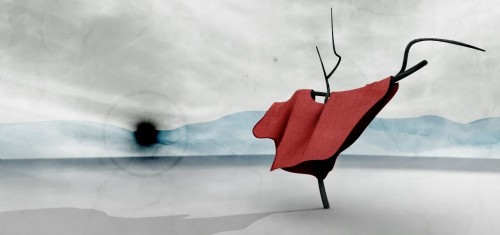
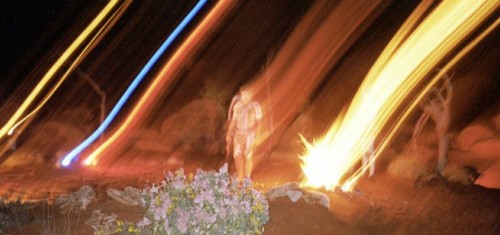
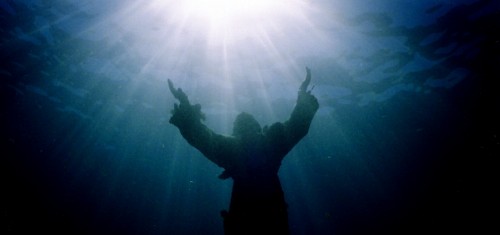

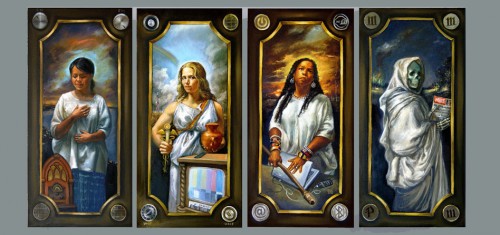
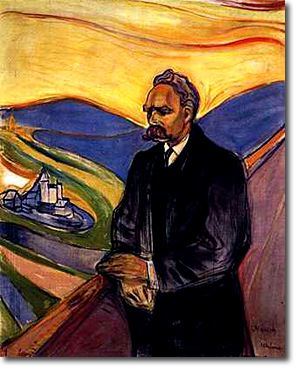

 Last week-end I sat and watched my wife eat her favorite dessert of late, an Ă©clair. To be honest, I savored the experience of simply appreciating her relish the pastry, bite after bite, with both precision and passion. I learned far more about her by silently watching her love what she loves than I possibly could have by asking her why she loves the Ă©clair so much. Perhaps we all need a bit more Ă©clair gazing in our lives.
Last week-end I sat and watched my wife eat her favorite dessert of late, an Ă©clair. To be honest, I savored the experience of simply appreciating her relish the pastry, bite after bite, with both precision and passion. I learned far more about her by silently watching her love what she loves than I possibly could have by asking her why she loves the Ă©clair so much. Perhaps we all need a bit more Ă©clair gazing in our lives.

 Jeffrey Sumber is changing the world, one relationship at a time. For over two decades, Jeffrey has worked to understand the human experience from as many angles as possible. As a successful psychotherapist, marriage counselor, and life coach, Jeffrey has worked with thousands of clients who strive to live their best lives.
Jeffrey Sumber is changing the world, one relationship at a time. For over two decades, Jeffrey has worked to understand the human experience from as many angles as possible. As a successful psychotherapist, marriage counselor, and life coach, Jeffrey has worked with thousands of clients who strive to live their best lives.
Recent Comments